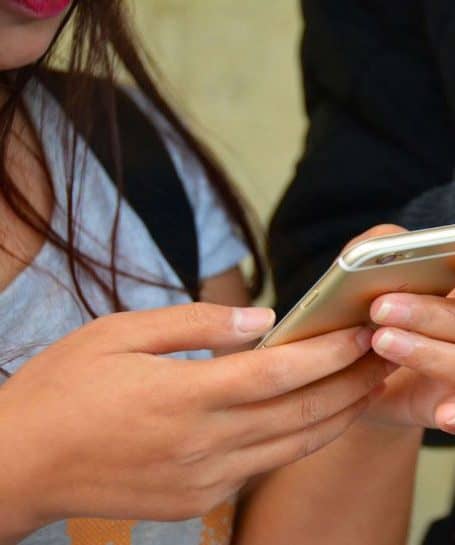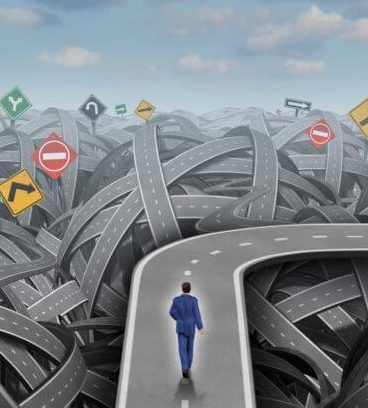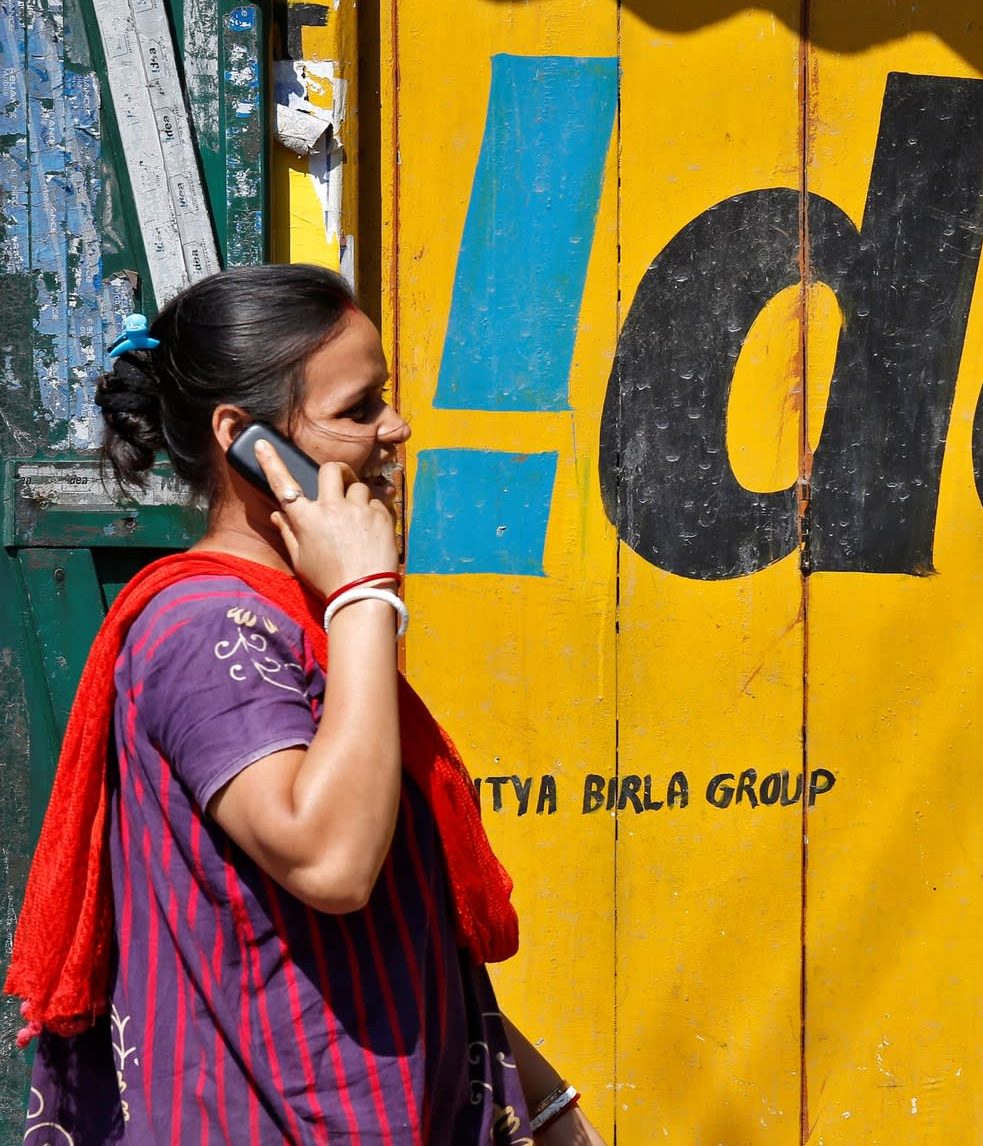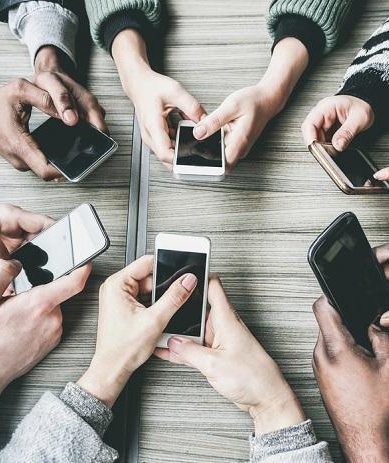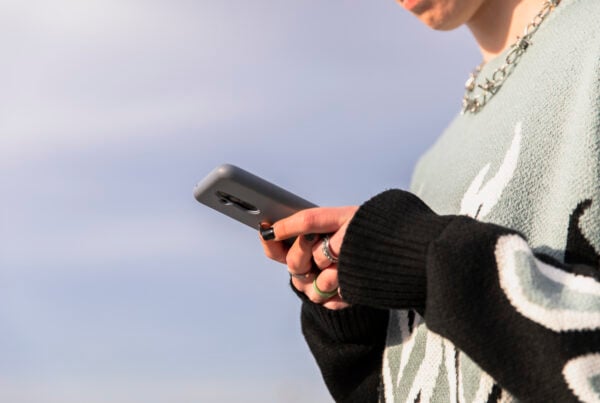Find out the week’s top mobile stories from around the world.
This week.. US declares China Mobile risk to national security, research claims mobile apps are secretly recording your screen, Is GDPR a blockchain killer..? and much more.

The US won’t let China Mobile operate in the country, citing risk to national security
The Verge
The US government has declared another major Chinese telecom company a possible “risk to national security”: China Mobile. Yesterday, the National Telecommunications and Information Administration (NTIA) issued a statement advising the Federal Communications Commission not to allow China Mobile, which is the world’s third biggest carrier after AT&T and Verizon, to operate in the United States.
China Mobile first applied to the FCC for permission to provide US telecom services in 2011 and its application has been pending ever since. In 2013, China Mobile’s counsel wrote a letter to the FCC, requesting permission, stating “the extreme delay in granting the application is causing significant and unwarranted harm to China Mobile USA’s business operations.”
Read more…
Research claims some mobile apps are secretly recording your screen
Tech Radar
t’s a conspiracy theory that’s been nurtured for a long time: someone mentions taking a holiday in the vicinity of their phone and the next thing you know, they’re being shown ads about flights and hotel accommodation on Facebook.
People have believed that their phones have secretly been listening to them to gather data for targeted advertising, building a myth that a bunch of computer science academics at Northeastern University in Boston, Massachusetts, decided to look into.
While they found no evidence to suggest that phones are doing any eavesdropping on conversations, what they found instead was just as creepy.
Read more…
A two-day crash in Zimbabwe’s mobile money system shows the vulnerabilities of going cashless
Quartz
Although mobile money has become the leading transaction platform in Zimbabwe, its weaknesses came into focus this week after the dominant EcoCash network in Zimbabwe went down for two days, and left many consumer businesses floundering in an already difficult economy.
EcoCash, which competes against smaller platforms run by state controlled telcos NetOne and Telecel Zimbabwe, has more than eight million registered users in Zimbabwe and allows for remittances from expat Zimbabweans in South Africa and Botswana.
But in the past few days, the EcoCash platform experienced glitches, which Econet blamed on “scheduled maintenance” of the system that powers the platform, with just about all of the service options under EcoCash down, heavily impacting business transactions in Zimbabwe and adding to the country’s ongoing forex and economic difficulties.
Read more…
Is GDPR a blockchain killer?
IDM
Enterprises looking to enact blockchain technology must now also determine whether or not the information is subject to the EU’s General Data Protection Regulation (GDPR). Further, enterprises must explore if, at its core, blockchain is fundamentally a violation of GDPR.
For example, a core tenet of blockchain is immutability or the idea that once data is recorded, it cannot be modified, versus the GDPR’s requirement that consumers be able to erase personal data.
Although blockchain might be initially seen as incompatible with the GDPR requirements, the reality is that enterprises must exercise caution and judgment — not that blockchain is no longer an option.
“GDPR and blockchain form a powerful intersection of emerging governance and technology trends, although their unique characteristics raise immediate concerns about their mutual compatibility,” says Garth Landers, research director at Gartner. “Security and risk management leaders must implement safeguards to ensure that any blockchain designs comply with GDPR.”
Read more…
Europe is using smartphone data as a weapon to deport refugees
Wired
Smartphones have helped tens of thousands of migrants travel to Europe. A phone means you can stay in touch with your family – or with people smugglers. On the road, you can check Facebook groups that warn of border closures, policy changes or scams to watch out for. Advice on how to avoid border police spreads via WhatsApp.
Now, governments are using migrants’ smartphones to deport them.
Across the continent, migrants are being confronted by a booming mobile forensics industry that specialises in extracting a smartphone’s messages, location history, and even WhatsApp data. That information can potentially be turned against the phone owners themselves.
In 2017 both Germany and Denmark expanded laws that enabled immigration officials to extract data from asylum seekers’ phones. Similar legislation has been proposed in Belgium and Austria, while the UK and Norway have been searching asylum seekers’ devices for years.
Read more…
Americans deserve privacy protection from Big Data
Boston Globe
The United States has a privacy problem.
Sensitive consumer data are everywhere, and they are vulnerable. Just this year, we learned that two billion Facebook users’ information was harvested by bad actors. Hundreds of thousands of Delta Airlines travelers’ credit card information was breached. More than 150 million consumers’ data on Under Armour’s MyFitnessPal app were compromised. In 2018, invasions of privacy are as commonplace as turning on a smartphone or clicking on an app. They are the new normal. It is no surprise that more than 80 percent of American adults online are concerned that their personal data may be stolen.
Privacy is about the safety of your personal information. But it is also about your ownership of that information. In both respects, the rest of the world is moving forward while the United States is falling behind.
Read more…
If you use mobile location data, it’s time for a mid-course correction
Martech
A loaf of bread cost somewhere around 12 cents back in 1950. No, this isn’t a lesson in economics — not exactly — but bear with me. When we compare that 12 cents to today’s average cost of around $2.50, we don’t make the mistake of thinking that bread was worth any less back then.
Rather, we consider price fluctuations, recognizing that consumer behavior, inflation, the impact of new technological efficiencies and other factors have affected the price of our sandwich loaf. We know this because economists regularly update and revise their forecasts, essentially recalibrating the baseline used to measure the dollar value of goods and services.
In the business of mobile location data, we might be better off if we had a few economists around. Surely they’d understand and recognize the need to step back every once in awhile and modify the baselines we use to measure the true value of consumer foot traffic. In the absence of economists, marketers should demand such assessments and adjustments from their data vendors, to ensure they’re making decisions based upon valid data.
Read more…
Alphabet In Talks With Kenyan Telecoms Operators To Deliver Connectivity Via Loon
Mobile Marketing Magazine
Alphabet’s Project Loon will reportedly bring its balloons to Kenya in order to provide high-speed internet to rural parts of the East Africa nation.
Project Loon began life as a Google project back in 2013 and is now housed within Alphabet’s innovation lab, X. Through the project, solar-powered balloons are launched into the sky that are capable of providing remote areas with internet access, working similarly to a mobile phone tower.
Joe Muchera, Kenya’s information, communication and technology minister, told Reuters that Loon representatives were currently “holding talks” with telecoms operators in Kenya about deploying the technology – a statement which has since been confirmed by the project.
“The Loon team are still working out contracts and hopefully once that is done, we can be able to see almost every part of the country covered,” Muchera told the news publication.
Read more…
India spending on mobile phone use plunges to new low
Nikkei Asian Review
Consumer spending on mobile phone services in India has hit a new low since the entry of billionaire Mukesh Ambani’s Reliance Jio Infocomm about two years ago, underscoring the unrelenting pressure on the industry’s profitability by a prolonged price war.
According to the Telecom Regulatory Authority of India, adjusted gross revenue for the industry, which is a measure of actual consumer spending, fell 13% to 357 billion rupees ($5.19 billion) in the three months ended in March. Kotak Institutional Equities estimates consumer spending on mobile phone services, after adjustments, to have fallen 13% to 298 billion rupees during this period.
That implies an annual spending of 1.2 trillion rupees, a 32% decline from the peak of 1.7 trillion rupees recorded in the June 2016 quarter, the brokerage said. As a percentage of nominal GDP, this represents a new low of 0.66%, far below global benchmarks, it added.
Read more…
Mobile marketing to influence auto sales in India by 2022: Facebook-KPMG
Business Standard
With India becoming a mobile-first country, smartphones will decide nearly 8 in 10 four-wheeler purchases and approximately 7 in 10 two-wheeler sales by 2022, a new Facebook-KPMG report said on Thursday.
Approximately one in two four-wheeler purchases (47 per cent) and two-wheeler purchases (45 per cent) will be influenced by Facebook, said the latest “Zero Friction Future” report. The findings showed that media friction causes one-third of the total friction loss in four-wheeler purchase and almost half of friction loss in two-wheeler sales.
“We aim to help automotive brands reduce friction in the consumer journey and suggest relevant mobile marketing strategies to offer seamless purchase experiences to help them win consumers and increase sales,” said Sandeep Bhushan, Director, Facebook India and South Asia.


